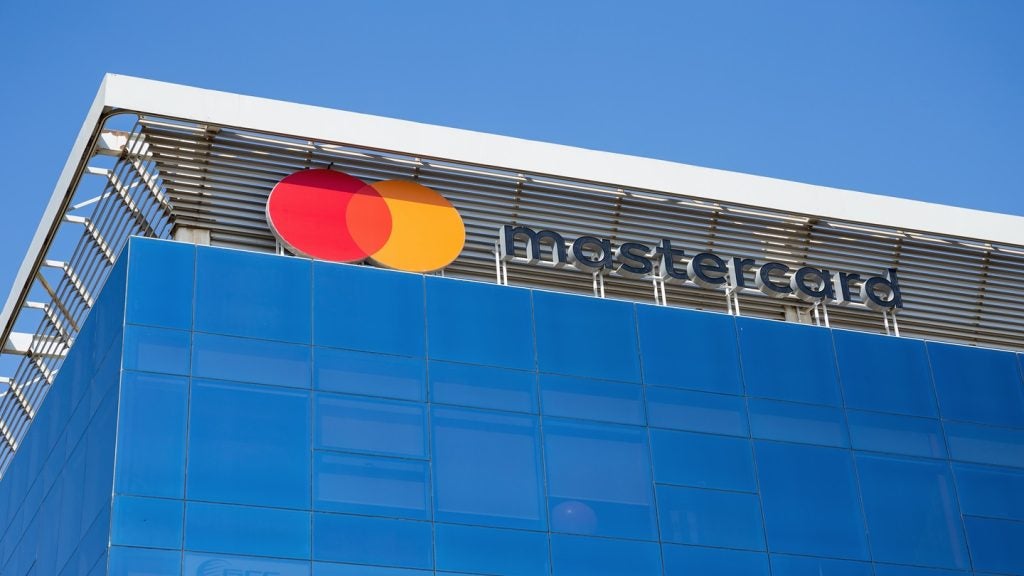Central Bank (ECB) would like to see the emergence of a
European-owned and -controlled debit card scheme to challenge the
hegemony of MasterCard’s
Maestro and Visa Europe’s V PAY schemes. Speculation has been rife
about the establishment of such a scheme for the past few months.
Now, the ECB has issued a direct challenge to Europe’s banking
industry to come up with the goods.
In July the ECB published its fifth progress report on the
delivery of the Single Euro Payments Area (SEPA) project, in which
the ECB governing council states that “there is a genuine need for
at least one additional European debit card scheme”. Such a scheme,
the ECB says, would ensure the close involvement of European banks
in governance of the scheme.
“The Eurosystem [the central banking system of the euro area]
understands that setting up a European debit card scheme will
require time; we expect the final establishment of such a scheme by
2008, or even by 2010. As soon as possible, however, the Eurosystem
expects clear signals from banks, schemes and other market players
that they are working on the setting-up of such a scheme,” the
report states.
According to the ECB, such a scheme could be set up by
establishing a completely new scheme, via an alliance between
existing national schemes or by expanding an existing national
scheme.
“The rationale behind this request by the Eurosystem is that
most of the national debit card schemes and card processors are
currently efficient and have low fee levels, and that these
advantages should not be lost with the creation of SEPA,” the
report states.
Also, the establishment of such a programme could stimulate
competition between card schemes, processors and banks, and could
also allow for “diversity in the banks’ positions and roles in card
scheme governance and in scheme ownership models”.
How well do you really know your competitors?
Access the most comprehensive Company Profiles on the market, powered by GlobalData. Save hours of research. Gain competitive edge.

Thank you!
Your download email will arrive shortly
Not ready to buy yet? Download a free sample
We are confident about the unique quality of our Company Profiles. However, we want you to make the most beneficial decision for your business, so we offer a free sample that you can download by submitting the below form
By GlobalDataInvestment required
The establishment of a new scheme would require significant
levels of investment, which the ECB acknowledges in its report. But
the ECB says that as a result of the separation of scheme and
processing services, and the development of standards for card
payment schemes, the cost and complexity of setting up a new scheme
should be substantially lower than it has been in the past.
“It should be recognised that the creation of an additional
European debit card scheme that is equivalent to the schemes
originated in the United States, Japan or China is a largely
political objective, which the Eurosystem invites the banks to
share,” the report states.
Meeting SEPA requirements
The complexity of establishing such a scheme in such a short
time frame (the first SEPA deadline is 1 January 2008) has not gone
unnoticed by the ECB, which says it accepts that such a scheme does
not have to be up and running by that date. “However, a signal is
nonetheless expected from the European banking industry indicating
its intentions to move in this direction,” according to the
ECB.
The ECB says that co-branding is a plausible option for card
payment schemes to become SEPA-compliant by January 2008 in order
to give the banking industry enough time to develop a European
proposal, but gives warnings against relying too much on
co-branding.
“Certainly, widespread co-branding does not correspond to the
long-term SEPA vision of an integrated market, as it could simply
perpetuate a situation similar to that prevailing at present,” it
says. “Some market participants believe that, once all card schemes
meet SEPA requirements and national markets are opened up, the
result would already be quite different than the current nationally
fragmented markets. The Eurosystem recognises this, but would point
out that such opening-up of national markets has yet to
materialise.”
On the subject of interchange fees, the report states that “the
Eurosystem’s public stance on interchange fees is neutral. The
Eurosystem neither anticipates an abolition of interchange fees nor
does it wish to enter into the defence of these arrangements.
However, the Eurosystem calls upon the European Commission to reach
a decision on current interchange fee cases as soon as possible,
which the market as a whole can use as a starting point for
formulating future-proof scheme rules, as the current uncertainty
in the market is hampering the transformation of existing domestic
schemes and the start of potential new schemes offering a European
alternative.”







